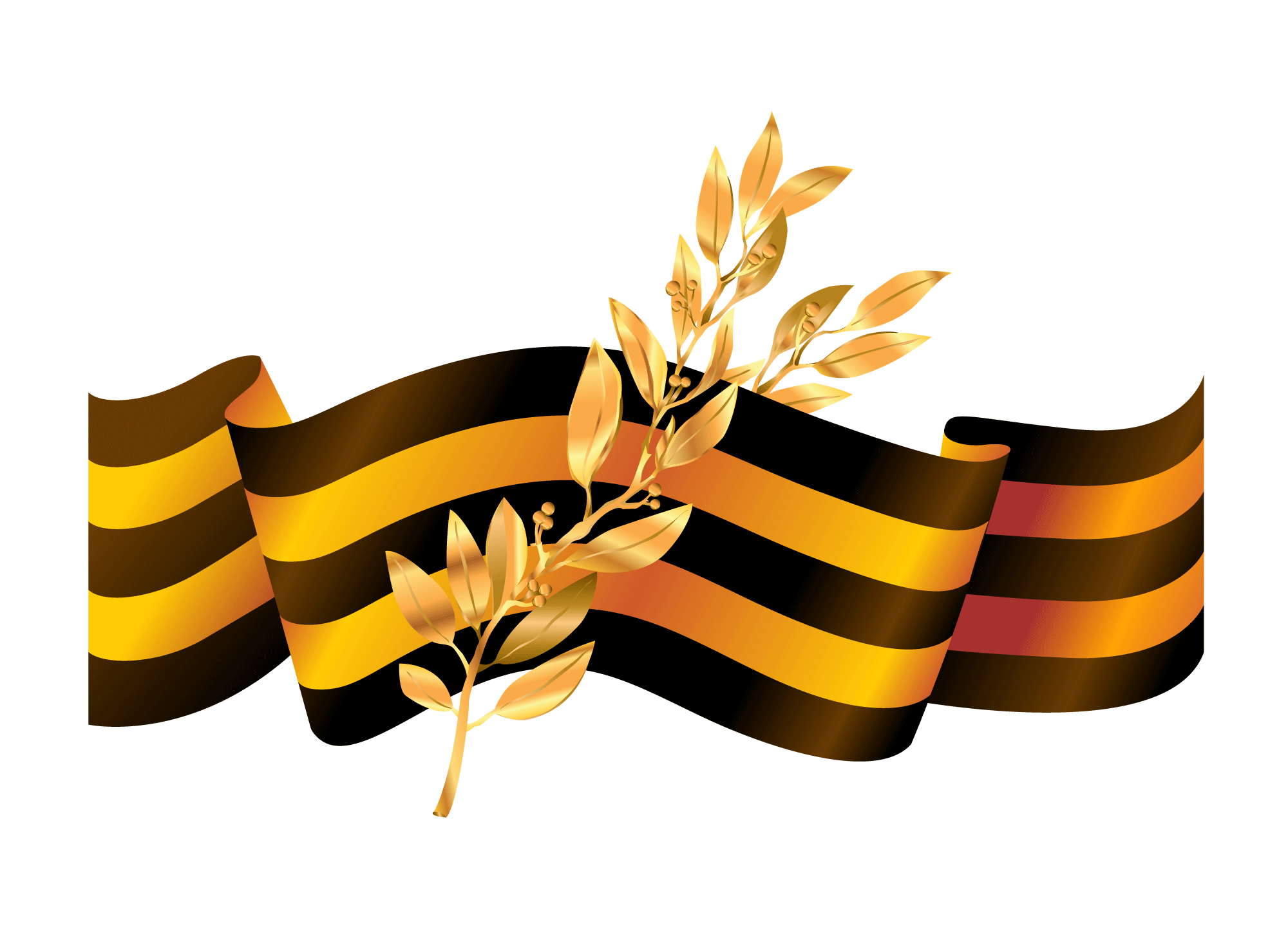Kharites and flowers
"In spring I [a bird] despoil the gardens of the Kharites (Charites, Graces) and gather the white, virgin berry on the myrtle bushes."
Pseudo-Apollodorus, Bibliotheca 3. 210 (trans. Aldrich) (Greek mythographer C2nd A.D.) :
"On Paros they sacrifice to the Kharites (Charites, Graces) without benefit of flutes or garlands [contrary to the usual custom]."
Pausanias, Description of Greece 6. 24. 6 (trans. Jones) (Greek travelogue C2nd A.D.) :
"[The statues of the Kharites (Graces) in their temple at Elis :] One of them holds a rose, the middle one a die, and the third a small branch of myrtle."
Orphic Hymn 43 to the Horae (trans. Taylor) (Greek hymns C3rd B.C. to 2nd A.D.) :
"[The Horai (Horae, Seasons)] attending Persephone, when back from night the Moirai (Fates) and Kharites (Charites, Graces) [as goddesses of spring flowers] lead her up to light; when in a band harmonious they advance, and joyful found her form the solemn dance."
Ovid, Fasti 5. 217 ff (trans.Boyle) (Roman poetry C1st B.C. to C1st A.D.) :
"As soon as the dewy frost is cast from the leaves and sunbeams warm the dappled blossom, the Horae (Seasons) assemble, hitch up their coloured dresses and collect these gifts of mine [Flora-Chloris, goddess of flowers] in light tubs. Suddenly the Charites (Graces) burst in, and weave chaplets and crowns to entwine the hair of gods."
Statius, Silvae 1. 2. 19 (trans. Mozley) (Roman poetry C1st A.D.) :
"Nor do winsome Amor (Love) [Eros] and Gratia (Grace) [Kharis] grow weary in scattering countless blossoms and cloudy perfumes [during the wedding] o'er thee [the bridegroom] and as thou holdest close-locked the snow-white limbs of thy longed-for bride. And now roses, now lilies mixed with violets dost thou receive upon thy brow, as thou shieldest the fair face of thy mistress."
Apuleius, The Golden Ass 4. 2 ff (trans. Walsh) (Roman novel C2nd A.D.) :
"I saw at some distance a valley shaded by a leafy wood. Glinting among diverse smaller plants and the most luxuriant shrubbery were some bright roses of ruddy hue . . . that grove seemed to me to be the abode of Venus [Aphrodite] and the Gratiae (Graces) [Kharites]; in its shady recesses that delightful blossom shone out with its brightness of royal crimson."
Apuleius, The Golden Ass 10. 30 ff :
"They [the Gratiae-Kharites] were appeasing the goddess [Aphrodite] by strewing wreaths and single blossoms before her, and they formed a most elegant chorus-line as they sought to please the Mistress of pleasures with the foliage of spring."
Nonnus, Dionysiaca 31. 203 ff (trans. Rouse) (Greek epic C5th A.D.) :
"Assyrian Aphrodite seated in a solitary spot upon Libanos [Lebanon], alone, for the Kharites (Charites, Graces), those dancers of Orkhomenos (Orchomenus), had been sent away to gather the various flowers of spring in the gardens--one to gather Kilikian (Cicilian) crocus, one eager to bring balsam and sprouts of the Indian reed, another for the fragrant petals of the rose."
Nonnus, Dionysiaca 33. 4 ff :
"[Pasithea] one of the swiftshoe Kharites (Charites, Graces) was gathering the shoots of the fragrant reeds in the Erythraian garden, in order to mix the flowing juice of Assyrian oil with Indian flowers in the steaming cauldrons of Paphos, and make ointment [or perfume] for her Lady [Aphrodite]. While she plucked all manner of dew-wet plants she gazed all around the place."
Kharites and flowers
Their pace is pure and light,
With all their youth and might
They keep dancing through the night.
A usdden pulsation,
A perfect scent of flowers in the air,
A shining light green meadow
Still bears resemblance of their shadows.
They dance like the four elements,
And sing gracefully, with eloquence.
Свидетельство о публикации №122103106089

